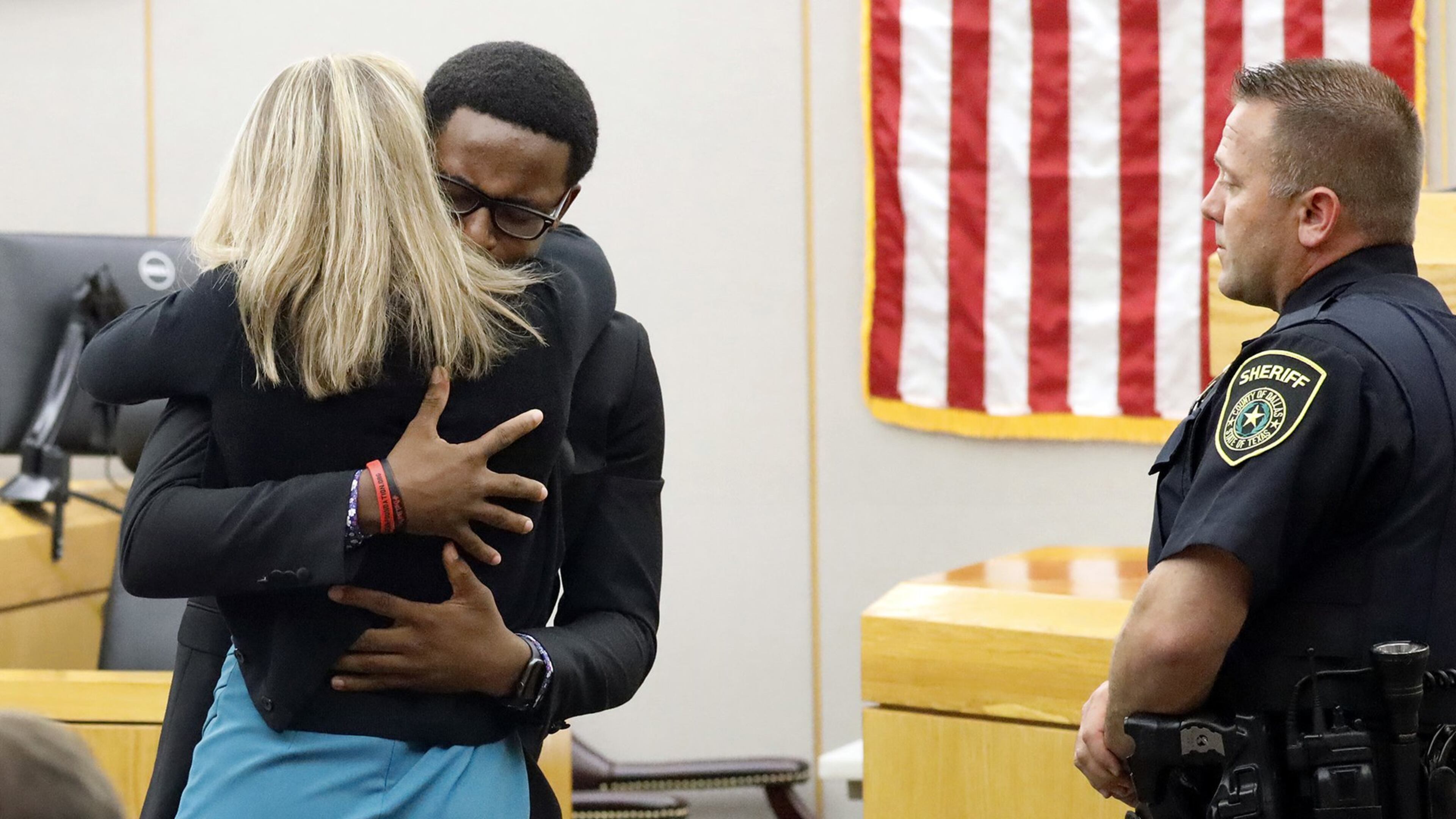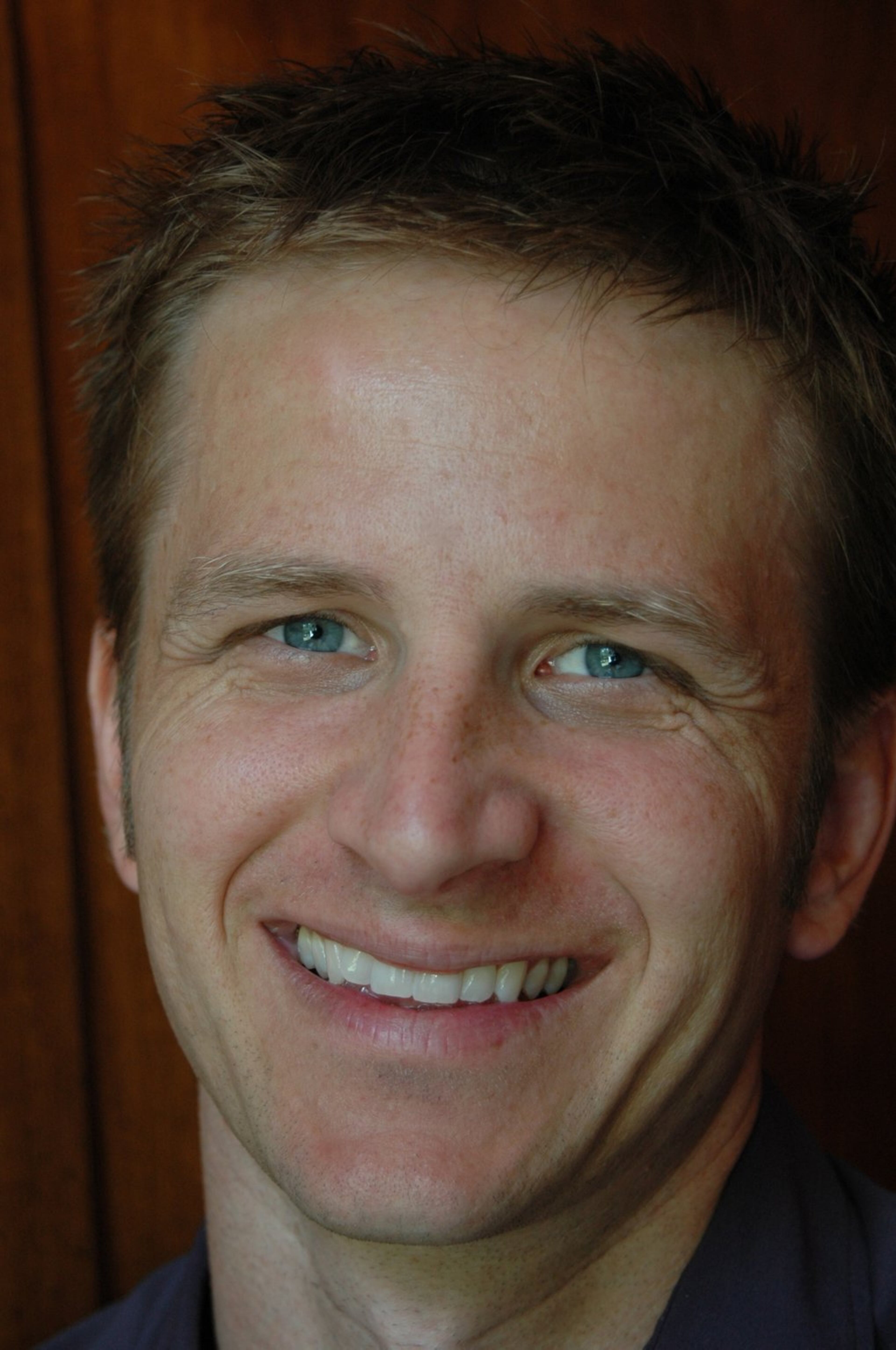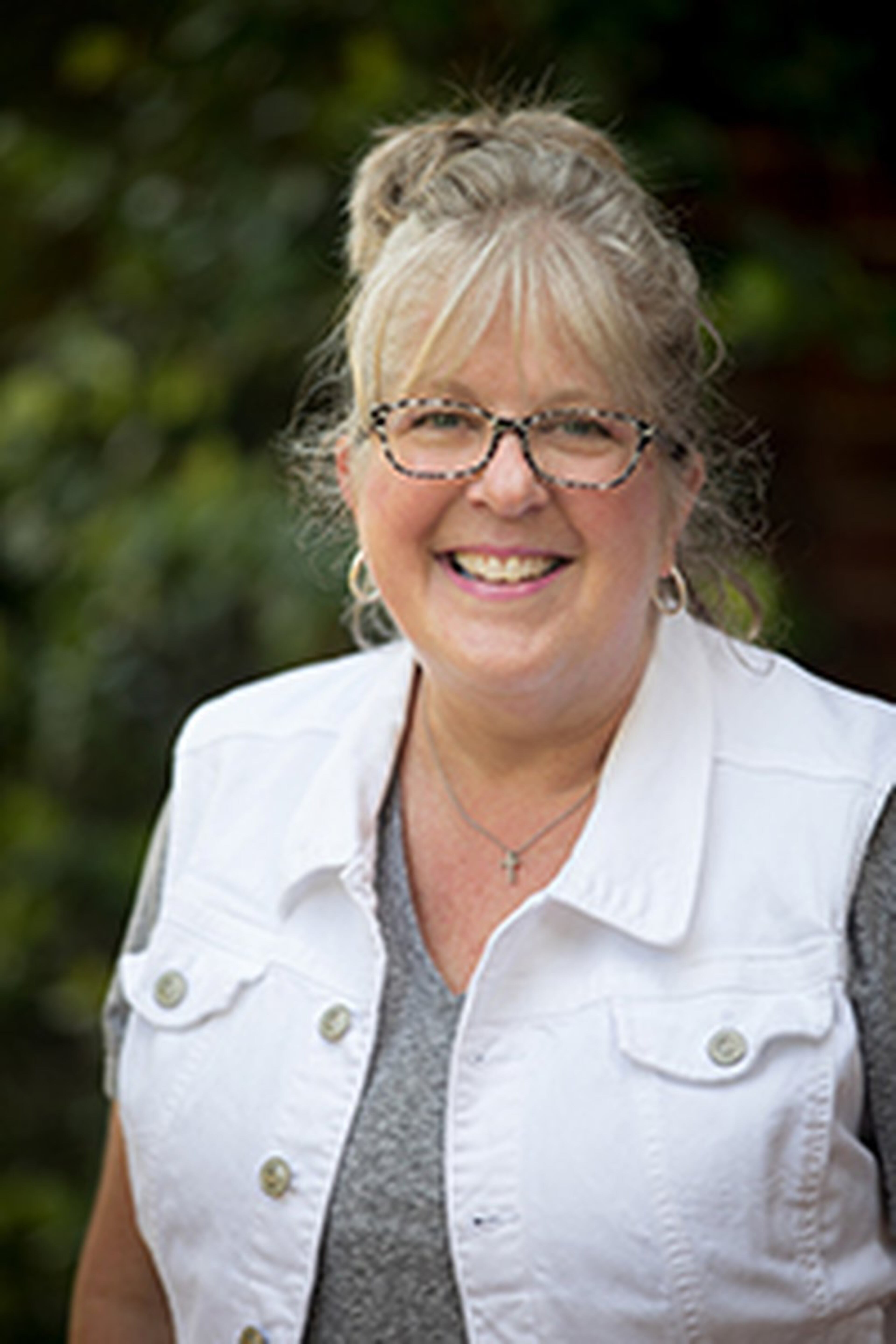Forgiveness and justice. Aren’t they part of the same coin?

It was easy for me to understand Brandt Jean’s response to his brother’s murderer. I’ve been there.
I understood, too, his and Botham’s mother’s call for justice because I’ve been there, too.
What struck me more was our collective response to Brandt Jean’s offer of forgiveness to Amber Guyger, the former Dallas police officer who fatally shot his brother.
I don’t think I could do that, people said.
He is too holy, they said.
This young man is not in his right mind.
The reactions posted on Facebook and other social media platforms were as rapid as gunfire and just as menacing.
If you weren’t paying close attention, you might have missed the mother’s victim impact statement altogether.
Allison Jean told the court that forgiveness is healing for Christians like her and other family members but that didn’t mean there shouldn’t be consequences for her son’s murder.
“It does not mean that everything else we have suffered has to go unnoticed,” she said.
She pointed to the crime scene, that according to her, was contaminated by Dallas police, who deleted evidence and turned off their body and vehicle cameras.
“You saw investigations that were marred with corruption,” Allison Jean said. “While we walk as Christians, we still have a responsibility to ensure that our city does what is right.”
So let’s deal with that.
RELATED | 'I forgive you': Botham Jean's brother hugs Amber Guyger after her sentencing
For her crime, Amber Guyger was sentenced to 10 years in prison. Ten years for a life.
This is where forgiveness becomes a complex individual and cultural issue. And, as one expert said, highly controversial.
On the one hand, Brandt Jean’s forgiveness likely comes from his heart and his faith and can be seen as a mature, compassionate gesture that may serve to help free him from anger and bitterness, said Nathaniel Wade, a licensed psychologist and psychology professor at Iowa State University who has been researching forgiveness for over 20 years.

On the other hand, Wade said, what does it mean for a black man whose brother was slain to forgive a convicted white woman, when historically white people have been able to kill blacks with impunity and expect forgiveness to assuage “our own guilt to help justify our engagement with a racist system from which we benefit”?
“With this in mind, perhaps justice should be the first conversation we have,” Wade said. “If we as a people try to move too quickly toward forgiveness, we continue to disenfranchise those who have been historically and currently oppressed.”
Should Brandt Jean have forgiven Amber Guyger? How did he choose to forgive? Why did he forgive?
RELATED | When we choose to forgive
“These may be important questions for Brandt Jean and his family and friends, but these are probably not the most important questions for us as a society,” Wade said. “Questions of racial justice, in this case how our policing system systematically advantages white people, seem to be more pressing. Addressing the ongoing harm and hurt is always the first step in any forgiveness process that I am aware of. Interpersonal forgiveness comes following the reestablishment of safety, expressions of remorse, and offers of restitution.”
The Jeans aren’t the first Christian family to extend forgiveness after a family member was murdered. We saw it four years ago when members of Mother Emanuel African Methodist Episcopal Church extended forgiveness to the man that murdered their loved ones in Charleston, South Carolina. And, in 2006, after a shooter entered a one-room schoolhouse and gunned down five Amish children and then killed himself, some in the Amish community reached out to the killer’s family that same day and offered forgiveness to him and comfort to his family.
RELATED | Empathy shown ex-cop Amber Guyger finds many African Americans divided
Are Christians more apt to forgive? Are African Americans?
There are some who don’t believe such claims are sustainable.
What seems clear according to research, said Carla Ross, who teaches a class on forgiveness at Meredith College in Raleigh, North Carolina, is people who are high in empathy tend to find it easier to extend forgiveness.

Brandt Jean seems to possess the capacity for both empathy and forgiveness, and despite his age (18), understands that people are “human beings and make mistakes.”
“What he seemed to know most of all, is that forgiveness frees him more than anyone since harboring hate and anger will only negatively affect his own life,” Ross said. “Booker T. Washington once said, ‘The moment I begin to hate a man, I become his slave.’ This young man knew that.”

I knew it, too, but that was just one reason why I found it easy to forgive the man who murdered my sister in 2001. My sister loved him enough to marry him and I’d learned to love him as a younger brother.
I loved him even after he shot her in the back.
When he was released after serving just 10 years, it was hard but life goes on, circling like the seasons until the next tragedy and the next.
I’m reminded every day that man born of a woman is but a few days, that loss and tragedy are inevitable. I have experienced an abundance of both and learned early on to pray my way through each.
Prayer has an uncanny way of lifting both our burdens and our spirits. I find the same peace in reading God’s words, choosing to believe his promises to give me a good end. And I’m good to myself and others, even those who aren’t always kind to me.
This can certainly look different for others, but at one level, forgiveness is about moving on with living one’s life, Wade told me.
“The emotional work of addressing the personal reactions of a hurt and replacing that with other emotional experiences gives people space to move on,” he said. “This is a big part of the forgiveness process that is central to moving on.”
Some people take the next step by working for justice, trying to change structures or systems of oppression or by simply living their lives in ways that honor their pain and yet seek to make the world a better place, Wade said.
I have not seen my brother-in-law since his release nor have I sought to see him during my visits home, but I know with a certainty that if I met him on the street today and he needed me, I’d be there for him.
Why?
Because God has shown me what is good and what is required of me: “to do justly, and to love mercy, and to walk humbly with” him.
To do otherwise would be to become a stumbling block not just to my brother-in-law but to others whom God longs to set free.
Find Gracie on Facebook (www.facebook.com/graciestaplesajc/) and Twitter (@GStaples_AJC) or email her at gstaples@ajc.com.


